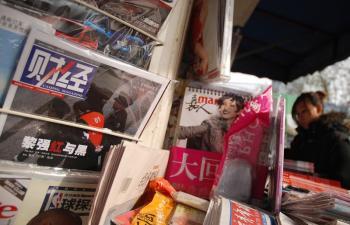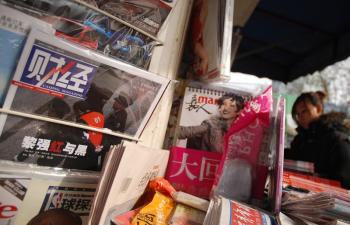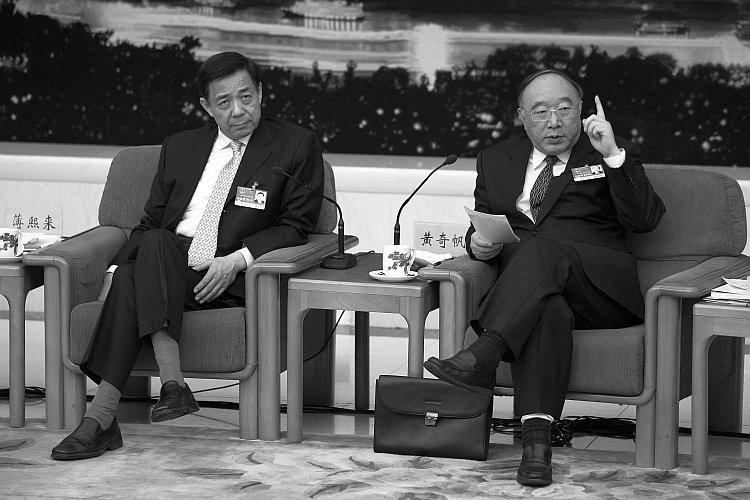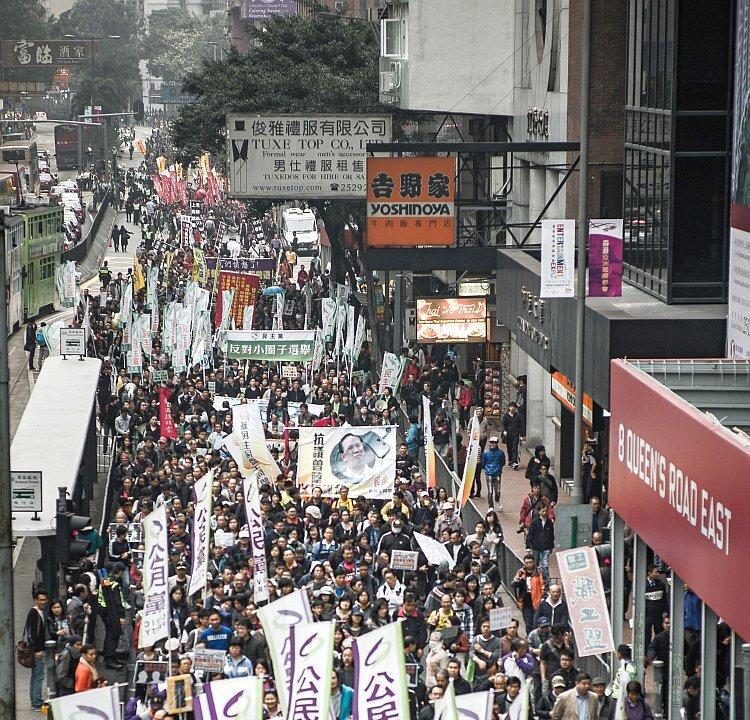Repression and Violence Against Journalists in China on Increase
Upholding social stability—not freedom of speech—is the prescribed function of journalists in China.
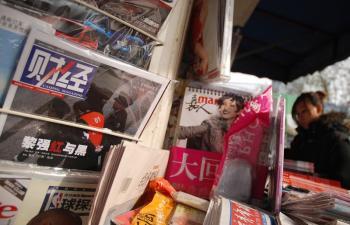
'The public feels the environment for public opinion in China is ever-worsening.' AFP/Getty Images
|Updated:
